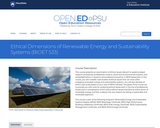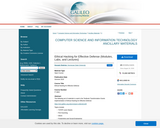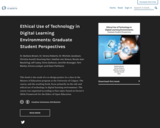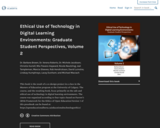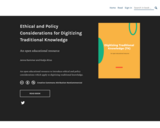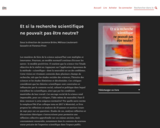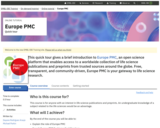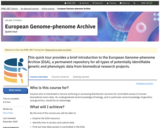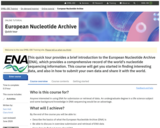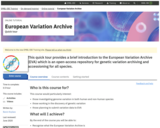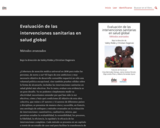Métodos avanzados
Short Description:
¿Cobertura de atención médica universal en 2030 para todas las personas, de norte a sur? El logro de este ambicioso y muy necesario objetivo de desarrollo sostenible requerirá no sólo una voluntad política excepcional, sino también pruebas sólidas sobre la forma de alcanzarlo, incluidas las intervenciones sanitarias en salud global más efectivas. Por lo tanto, evaluar esta evidencia es un gran desafío. Ya no podemos simplemente medir su efectividad: necesitamos entender por qué han sido (o no) efectivas, cómo y bajo qué condiciones.El objetivo de esta obra colectiva, que reúne a 27 autores y 12 autoras de diferentes países y disciplinas, es presentar de manera clara y accesible, en francés, una antología de enfoques y métodos avanzados en la evaluación de intervenciones: cuantitativos, cualitativos, mixtos, que permitan estudiar la evaluabilidad, la sostenibilidad, los procesos, la fidelidad, la eficiencia, la equidad y la eficacia de las intervenciones complejas. Cada método se presenta en un capítulo a través de un estudio de caso real para facilitar la transferencia de este valioso conocimiento.
Long Description:
¿Cobertura de atención médica universal en 2030 para todas las personas, de norte a sur? El logro de este ambicioso y muy necesario objetivo de desarrollo sostenible requerirá no sólo una voluntad política excepcional, sino también pruebas sólidas sobre la forma de alcanzarlo, incluidas las intervenciones sanitarias en salud global más efectivas. Por lo tanto, evaluar esta evidencia es un gran desafío. Ya no podemos simplemente medir su efectividad: necesitamos entender por qué han sido (o no) efectivas, cómo y bajo qué condiciones.
El objetivo de esta obra colectiva, que reúne a 27 autores y 12 autoras de diferentes países y disciplinas, es presentar de manera clara y accesible, en francés, una antología de enfoques y métodos avanzados en la evaluación de intervenciones: cuantitativos, cualitativos, mixtos, que permitan estudiar la evaluabilidad, la sostenibilidad, los procesos, la fidelidad, la eficiencia, la equidad y la eficacia de las intervenciones complejas. Cada método se presenta en un capítulo a través de un estudio de caso real para facilitar la transferencia de este valioso conocimiento.
Word Count: 148220
ISBN: 978-2-924661-98-7
(Note: This resource's metadata has been created automatically by reformatting and/or combining the information that the author initially provided as part of a bulk import process.)
